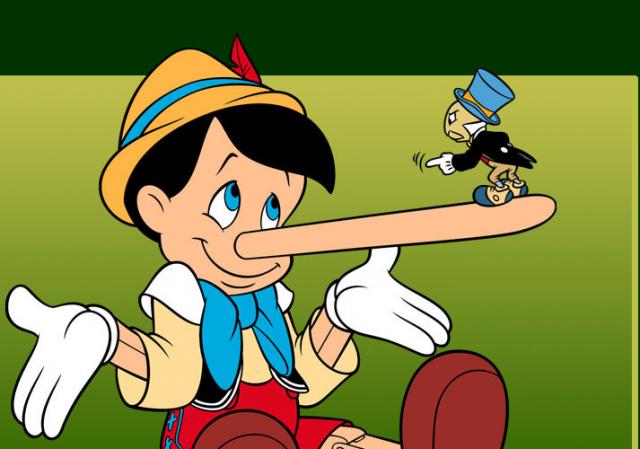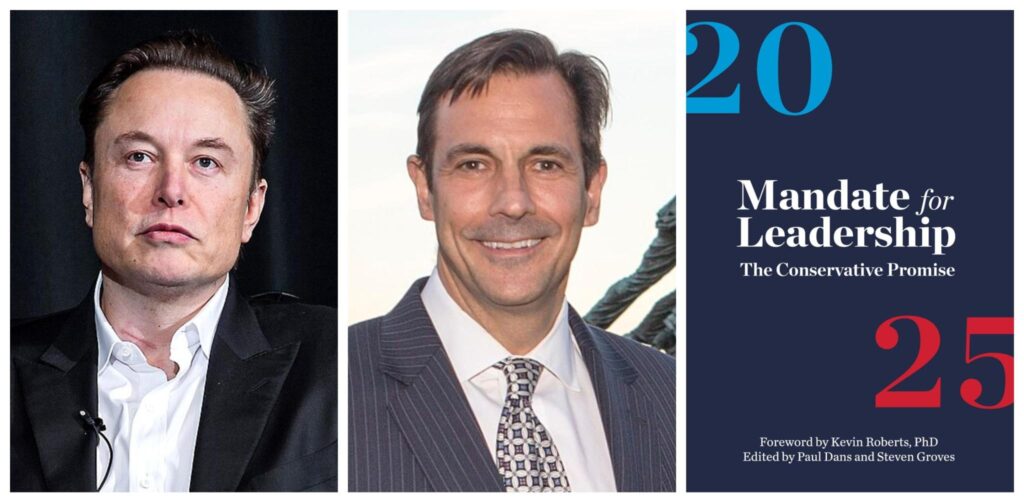I’ve been harping a lot lately on the fact-checkers, like PolitiFact, and how they too often fall for a type of phony journalistic “balance” that those of us who practice science journalism as a trade have long abhorred.
And then it occurred to me: Maybe the deep difference between science journalism and political journalism is part of the core reason why political fact-checkers seem so often to do their job as if politics is a horse race–striving to regularly ding Democrats, even when Republicans are really ginning up the vast majority of the most severe and systemic political falsehoods.
After all, as a science journalist, I’ve come to denounce media “balance” on issues like evolution and global warming precisely because…well, because I know how to report on the science of evolution and global warming. And knowing how to report on that science has, in turned, shown me how solid our body of knowledge in these areas really is—and thus, how extensively out of touch conservatives are.
But learning how to practice journalism in this way—well, that takes some doing. It doesn’t happen overnight; it’s a journalistic speciality.
So if political fact checkers don’t really know much about how to report on science—one of the chief areas in which Democrats and Republicans are unequal when it comes to spewing misinformation—then perhaps it’s no wonder they’re so prone to falling for phony “balance.” They simply haven’t had the behavior drilled out of their heads enough, through reporting on issues where “balance” just isn’t an option.
I wanted to test this idea, so here’s what I did. I went to PolitiFact and searched its archives for the word “evolution,” just to see how often the site had grappled with a very prominent scientific issue where Republicans and conservatives have an overwhelming tendency to be factually incorrect and make false claims–and where, by any stretch, a “balanced” approach is utterly inappropriate.
I was stunned to find that the search only yielded 13 items–and upon perusal, it quickly became apparent that in most of these, the word “evolution” was not even being used to refer to the scientific theory, but rather was employed colloquially (e.g., the “evolution” of a politician’s position on an issue). In fact, there was really only one substantive item checking a politician’s claim related evolution—namely, Rick Perry’s statement that “In Texas, we teach both creationism and evolution in our public schools,” which PolitiFact rated false.
I fully agree with this rating. But note that even in the case of this evolution-related item, we’re not really dealing with the checking of a scientific fact, but rather, with the checking of a policy-related one. Perry was factually incorrect, all right, but in PolitiFact’s eyes, he was factually incorrect not about evolution, but about what Texas actually teaches (or at least, what it is legally allowed to teach). Notably, however, PolitiFact did not check a highly misleading scientific claim that Perry made just before this one: Speaking to a young child on the campaign trail, the Texas governor had said, “Here your mom was asking about evolution, and you know it’s a theory that’s out there, and it’s got some gaps in it.”
That’s a statement that’s ripe for fact-checking, but PolitiFact ignored it. It also happens to be the kind of science-disparaging statement that Republican politicians make all the time. Yet based on a survey of its archives, PolitiFact does not appear to check those statements—at all.
Needless to say, this got me thinking. So then I searched PolitiFact for items on “global warming.”
There were, not surprisingly, a lot more of them, so I whittled the search down to the 75 items that actually rated the accuracy of statements on PolitiFact’s Truth-o-Meter. Then, because this was still a large number, I tried to identify those items that actually checked a scientific claim—rather than, say, the charge that a politician had flip-flopped on global warming–and came up with about 15 of them as a rough estimate (I say “estimate” because whether some of these items are purely scientific in nature may be open to interpretation).
So was PolitiFact as bad on its coverage of false claims about global warming as it is on its coverage of false claims about evolution?
The answer is clearly no. The site consistently gave “false” ratings to conservative and Republican statements casting doubt on the idea that global warming is caused by humans, or questioning whether there is a scientific consensus to this effect (see here, here, here, here, here, here, here, and here). I’d have to say that overall, it did a pretty good job.
So, if I were to give my initial theory about why PolitiFact falls for phony “balance” a rating, I guess I’d have to go with “half-true.” The site really does not deal with conservative denial of evolution—and that’s a pretty big blind spot. But it does deal appropriately with the conservative denial of global warming. And this is an area, notably, where PolitiFact’s work strikes me as being anything but balanced: While it did give John Kerry a hard time in one case for a scientific claim about global warming, for the most part, the site is busy dinging conservatives on this issue.
So to conclude: When we look for the reason why sites like PolitiFact employ a “pox on both houses” approach to fact-checking, the idea that these sites don’t know enough about the norms of science journalism doesn’t seem like an adequate explanation (though it may be a partial one). We have to look for something else. And what might that be?
In the end, I’m guessing it comes back to an imperative that I mentioned in a prior post: the importance of keeping Republican doors open.
Subscribe to our newsletter
Stay up to date with DeSmog news and alerts







